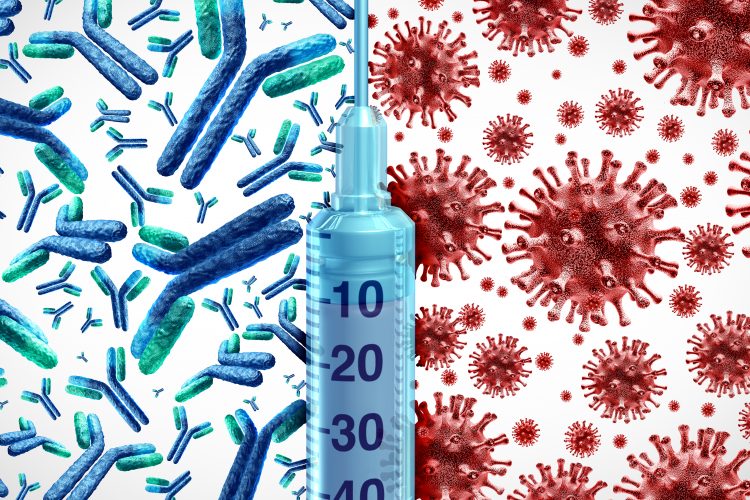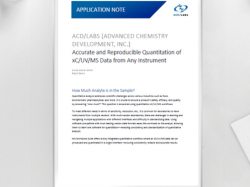FDA grants EUA to investigational antibody treatment for COVID-19
Posted: 23 November 2020 | Hannah Balfour (European Pharmaceutical Review) | No comments yet
The Emergency Use Authorization (EUA) is based on a trial in which casirivimab and imdevimab reduced hospitalisations in mild to moderate COVID-19 patients.


The US Food and Drug Administration (FDA) has issued an Emergency Use Authorization (EUA) for casirivimab and imdevimab to be used in combination for the treatment of mild to moderate COVID-19 in adults and paediatric patients age 12 or older who are at high risk of developing severe COVID-19. The FDA said this indication includes patients aged 65 and older with certain chronic medical conditions.
The EUA was granted based on data from a randomised, double-blind, placebo-controlled trial in 799 non-hospitalised adults with mild to moderate COVID-19 symptoms. Of these patients, 266 received a single intravenous infusion of 2,400mg casirivimab and imdevimab (1,200mg of each), 267 received 8,000mg casirivimab and imdevimab (4,000mg of each) and 266 received a placebo.
The primary endpoint for the trial was time-weighted average change in viral load from baseline, the secondary endpoint was reducing the number of medical visits related to COVID-19, particularly hospitalisations and emergency room visits, within 28 days after treatment. According to the FDA, the viral load reduction in patients treated with casirivimab and imdevimab was larger than in patients treated with placebo at day seven. Additionally, for patients at high risk for disease progression, hospitalisations and emergency room visits occurred in three percent of casirivimab and imdevimab-treated patients on average, compared to nine percent in placebo-treated patients. The effects were similar regardless of antibody dose.
Side effects of casirivimab and imdevimab include anaphylaxis and infusion-related reactions, fever, chills, hives, itching and flushing. The FDA stated the safety and effectiveness of the investigational antibody therapy continues to be evaluated.
Casirivimab and imdevimab are not authorised for hospitalised COVID-19 patients because, to date, the treatment has not been shown to be beneficial in these patients. In fact, the FDA stated that monoclonal antibodies, such as casirivimab and imdevimab, may be associated with worse clinical outcomes when administered to hospitalised patients with COVID-19 requiring high flow oxygen or mechanical ventilation.
“The FDA remains committed to advancing the nation’s public health during this unprecedented pandemic. Authorising these monoclonal antibody therapies may help outpatients avoid hospitalisation and alleviate the burden on our health care system,” said FDA Commissioner Dr Stephen Hahn. “As part of our Coronavirus Treatment Acceleration Program, the FDA uses every possible pathway to make new treatments available to patients as quickly as possible while continuing to study the safety and effectiveness of these treatments.”
The EUA was issued to Regeneron Pharmaceuticals Inc.
Related topics
Antibodies, Clinical Trials, Drug Safety, Regulation & Legislation, Therapeutics, Viruses
Related organisations
Regeneron Pharmaceuticals, US Food and Drug Administration (FDA)









